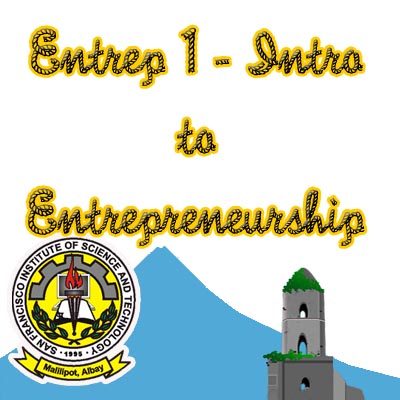This course will provide the student with an understanding of, and a proficiency in the analysis of, electrical circuits containing both active and passive components under both steady state and dynamic (time varying) conditions. This include The Darlington Configuration, BJT Differential Pair, Low-Frequency Response of Discrete Circuit Amplifiers, Internal Capacitive Effects and High Frequency Model, Useful Techniques for Analysis of High-Frequency Response, Properties of Negative Feedback, Feedback Voltage Amplifier, Class A,B, AB, D Output Stage, Non-linear Amplitude Control, Op-Amp RC Oscillator Circuits and IC Timers.
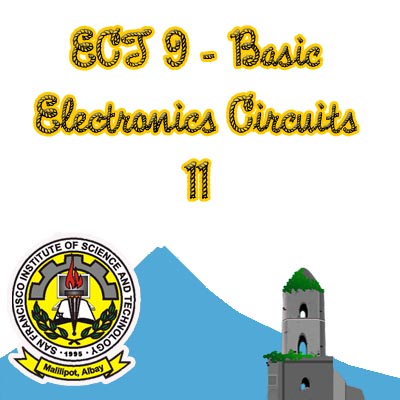
This course will discuss the fundamentals of electronics surveillance systems for analog and digital systems. This will cover installation of both analog and digital security and surveillance systems that cover CCTV, motion sensor, access control and other security systems.
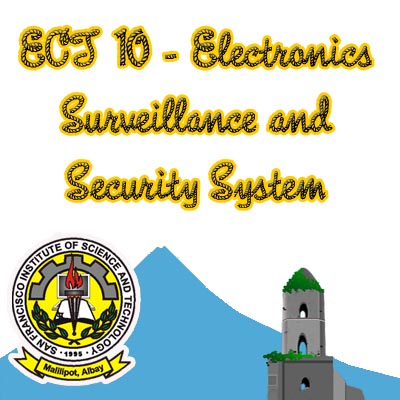
This subject covers operational amplifier principles and applications including comparators (zero and non-zero crossing detectors), voltage followers, inverting and non-inverting amplifiers. Subtraction, summing (mixer) difference and compound amplifiers and active filters. Operational amplifiers circuits are configured to make up complex analog circuits. It includes the temperature controller and the pulse width modulation technique of DC motor speed control. The importance of digital computers used in modern industrial processes is stressed. Thyristors, photosensitive devices, optically coupled devices, timer control circuits and various transducers are introduced.
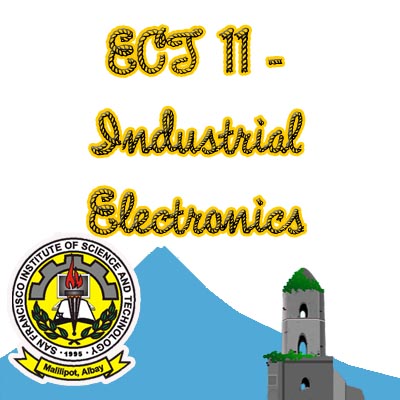
This course will cover the concepts associated with the Fourier transform, active filtering, spectral analysis, sampling theory and signal modulation/ demodulation. Filter design will include active higher order bandpass, lowpass, highpass and linear phase filtering. Matched filtering and quadrature detection for binary demodulation will be studied. Sampling theory will cover impulse, natural and sample and hold types of sampling design. The modulation techniques covered will include Amplitude Modulation (AM), Frequency Modulation (FM), Double SideBand Suppressed Carrier (DSBSC) modulation and Direct Sequence Suppressed Carrier (DSSS) modulation.
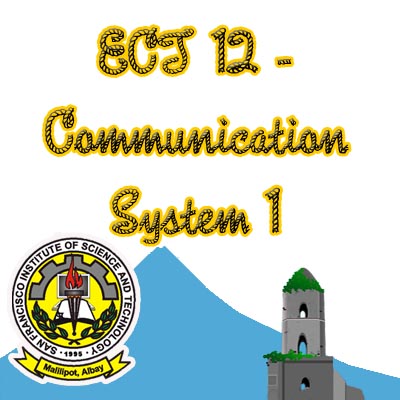
The objective of this course is to provide a basic introduction to the theory of digital signal processing (DSP). This subject will discuss advanced digital filtering: polyphase, multirate, all-pass, lattice & IIR filters. Signal conditioning, analog filter types, sigma delta converters. Fast algorithms; Cooley-Tukey FFT, mixed radix formulations, Good-Thomas algorithm. Autoregressive, moving average signals. DSP applications and programming.
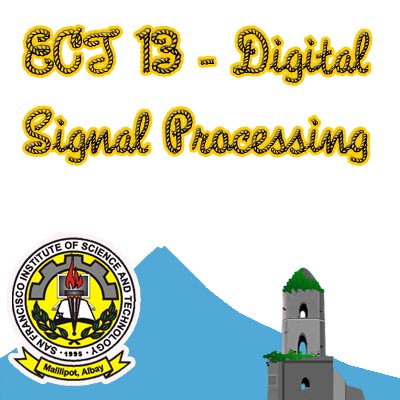
This subject provides problem solving and computer programming skills in C and assembly language for students with basic experience in the area of programming. This subject will discuss Elements of the C and assembly Programming Language, Input and Output, Control Structures, Modular Design and Function, Storage Classes, One-Dimensional Arrays, Multidimensional Arrays, Characters and Strings, Pointers and Dynamic Storage and Structures in C language. Prototyping using EPROM devices will use a universal programmer device.
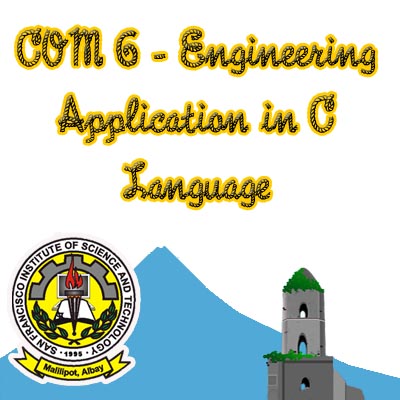
This subject deals with advanced configuration and management of network servers. This includes advanced router management using industrial grade routers. The configuration covers wired and wireless advanced configuration and security. Also deployment of router operating systems will be discussed in this subject. Server management includes web server, data center, database server and other specialized server applications covering both license and open source network operating system. This subject also covers plan and implement server virtualization strategy, plan and implement networks and storage for virtualization, plan and deploy virtual machines and manage a virtual machine deployment.

This course will provide an opportunity for participants to establish or advance their understanding of research through critical exploration of research language, ethics, and approaches. The course introduces the language of research, ethical principles and challenges, and the elements of the research process within quantitative, qualitative, and mixed methods approaches. Participants will use these theoretical underpinnings to begin to critically review literature relevant to their field or interests and determine how research findings are useful in forming their understanding of their work, social, local and global environment.
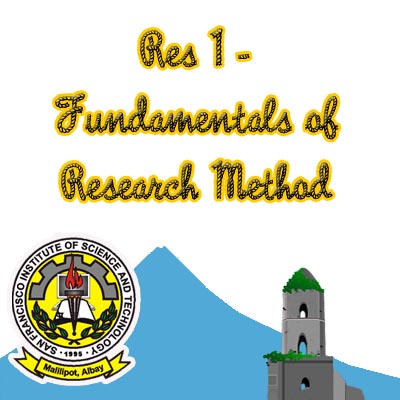
The course includes the journey into the world of entrepreneurship with introspection of a business idea into a viable venture. The focus is on unleashing the entrepreneurial spirit in each individual.
